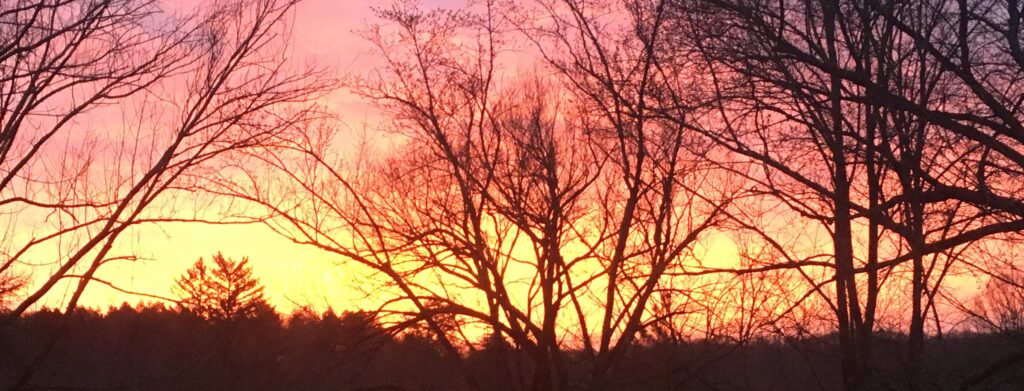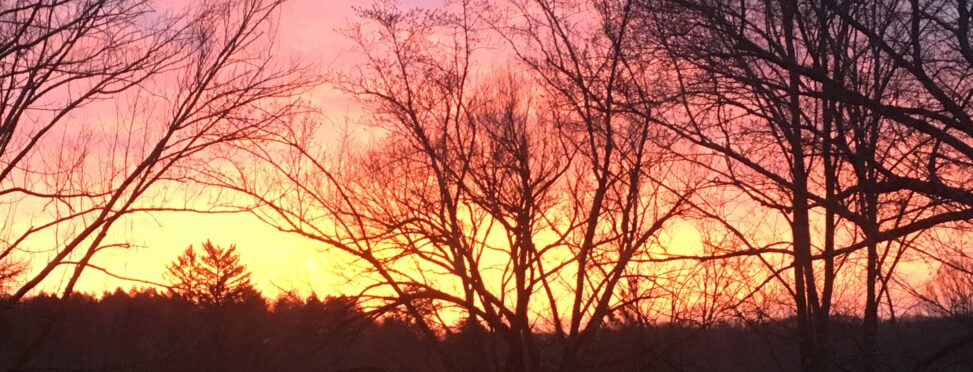
September 11, 2021, By B Nimri Aziz
Again, I’m turning off all media and staying home. I have my own memories, and my own intelligence– not just of that day, but the manic weeks and decades that followed.
Chants for war and revenge mounted; attacks against Arabs and South Asians across Canada and the U.S. intensified; FBI agents knocked on our doors, took away our men; the media fell silent while unrestrained detentions and deportations continued; traumatized families cowed behind shuttered windows; children feared assaults in school; our men put on shirts declaring love for America. We had no spokespeople. Anyone begging caution was dismissed, labeled unpatriotic.
We’ve learned a lot over these decades. Less fearful, we speak for ourselves (at least some of us): we confront prejudice; we write and produce films; many of us are now dedicated civil rights lawyers and discerning journalists.
With this week’s glorified 9/11 celebrations, along with fresh fears in the fallout of the U.S. defeat in Afghanistan, I wonder if our troubles are behind us.
Here, I again share what I wrote two decades ago. bna
“Yesterday”
Yesterday was Sept. 11, 2001. A Tuesday.
I leave my home 200 km beyond New York City for the three-hour drive into Manhattan. I make my way out of the quiet hills where I live, heading into the metropolis to host my weekly radio programs.
This Tuesday, I will not reach work.
At 9:30 am, just an hour north of my destination, I turn on my car radio. A panicked broadcaster’s voice is reporting the catastrophic event underway in the city.
I pull off the road to listen more carefully. It takes but a moment for me to register the magnitude of this news. I find myself weeping uncontrollably, bent over the steering wheel.
Cars roll pass. Do those drivers know? Have they too heard? Do they also disbelieve the calamity we have entered? Are they rushing to find a friend to sit with in front of a TV—for the real evidence?
Newscasters repeat: “All bridges and tunnels into Manhattan are closed”.
I decide to continue southwards in the direction of New York City. Sapphire’s apartment is along my way through New Jersey; Kay and Salah live further south. I’ll stop at Paulette’s since her house is the first along my route.
Before restarting the car, I open my cell phone and call my office–the radio station. Silence. All lines are cut. The building from which we broadcast is barely 500 meters from the World Trade Center. Somehow, I do not expect it is in danger. I need to join my colleagues at work doing what journalists must at such a time. I switch my car radio to 99.5 fm. Ahhh. We are sending out signals. Good. I hear the voices of my colleagues: Jose, Sally, Barnard, Deepa. They sound calm, trying to make sense of the terror in the streets below them.
I wish I were with them. Not for the news scoop; there is no scoop on this. Our experienced announcers will use their voice to help our stunned public through this. I want to be with my colleagues to capture the immediacy of this calamity. That’s an essential job of any journalist, especially radio broadcasters in a moment of crisis.
At 20 kilometers from Manhattan, I reach the crest of the hill “Mountain View”. From here, one can make out the far-off skyline of Manhattan. I always find it a breathtaking spectacle; seeing the peaks of identifiable city buildings is reassuring. On this ominous, clear morning, reaching that hilltop, I slow the car… and gaze southwards. Something is missing. No sign of the two highest towers, those at the southern tip of Manhattan Island. All I can distinguish in that vicinity is an enormous cloud of smoke seeping skyward. I begin to weep again.
It’s clear I cannot proceed across the George Washington Bridge so I abandon any idea of reaching the radio station. I exit onto Route 4 and within moments, I pull into Paulette’s drive. Rushing inside I join her and Robert to witness the catastrophe. All channels–news, food, drama, marketing, sports, history– are focused on one spot in the globe, replaying clips of the planes smashing into those buildings, then the softly dropping towers, crumbling, sinking to the pavement.
I pull out my phone again. Still no connection with the station. I try the number of a colleague living in lower Manhattan. Nothing.
I manage to reach my family in a far away city; next I call the two guests I’d scheduled for tonight’s broadcast. The shows will be cancelled. Of course.
I return to the TV screen. Paulette and her son and I hardly speak. As I watch the spectacular images (a spectacle indeed) of the impacting planes and the collapsing buildings, I feel sick, weak, stunned. Inside that inferno and among the fuming rubble, thousands of women and men are being incinerated, pulverized. The replays go on. And on. Each cycle takes but a few moments. But this rumble begins to deepen, to build a story and a fear and a boundless anger. I know it will last a generation. I glare at the screen, wanting this to be just a film I can shut off.
Every Tuesday before now, for 12 years, when I’d reach the city, I’d park my car uptown, then take the subway train to our downtown studio, exiting through the World Trade Center. Along with millions of commuters I leave the subway line that terminates under that maze of towers. I pass through the busy mezzanine and onto the street to walk to the east end of Wall Street. That place is now a mass tomb.
Those two towers are–were–so colossal; I have always been aware of their immensity. They dwarf everything around, even the 19-story building where I work.
That was yesterday.
Today, the day after, our studios are silent and empty. Other communications centers in the neighborhood are also closed. Was our transmitter damaged, the electricity cut? Were staff forced to evacuate?
My thoughts shift from the dead and dying to the future, not a distant future, but to the coming weeks and months. Already newscasters are speculating that the perpetrators are Arab. This catastrophe is bound to affect all our Arab and Muslim Americans. It is going to bear down on every one of us, wherever we are in the U.S. Not because of more terror attacks here. But because the authorities will launch a hunt. Expansion of intelligence activity across the country is inevitable. How could I imagine the universal ramifications that would ensue?

After earlier, less horrific incidents, the U.S. Congress hastily passed an anti-terrorism law; its negative effect of on our civil rights is already apparent. Most Americans are unaware of this because the immediate target of those laws was one community—U.S. Muslims and Arabs.
New regulations were put in place here and abroad. Congress had already granted greatly expanded power to our intelligence agencies; the civil liberties of our people had already suffered.
Thirty hours have passed since that morning. Tuesday night I drove home, mournfully, slowly, silently.
Any neighbors I meet volunteer child-like threats: “We’ll get them”; “Wipe them all out”. They’re afraid.
All of us are afraid:– for our future, the future of this Disneyland of democracy, all the stuff we strive to possess, stuff that we take so for granted, for ourselves. I think: suddenly all of us feel vulnerable in this “invincible land”.
I know Americans will answer with revenge, not reflection. This is what most frightens me.

